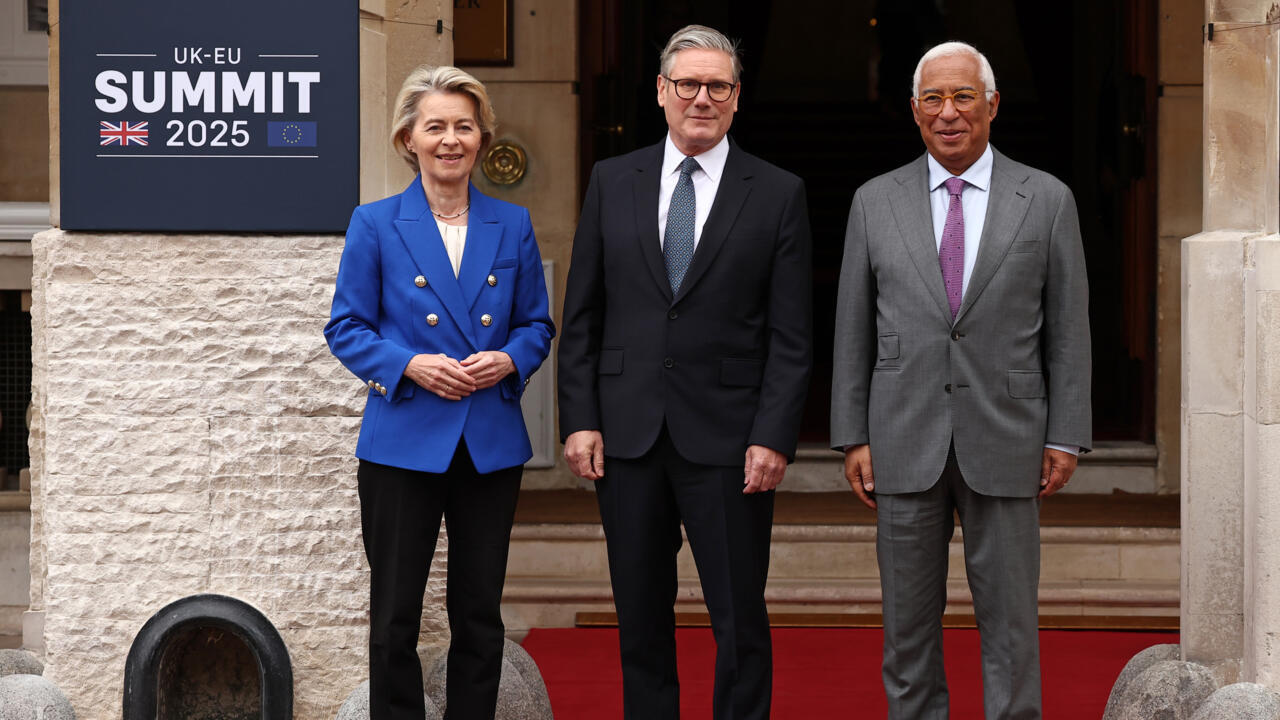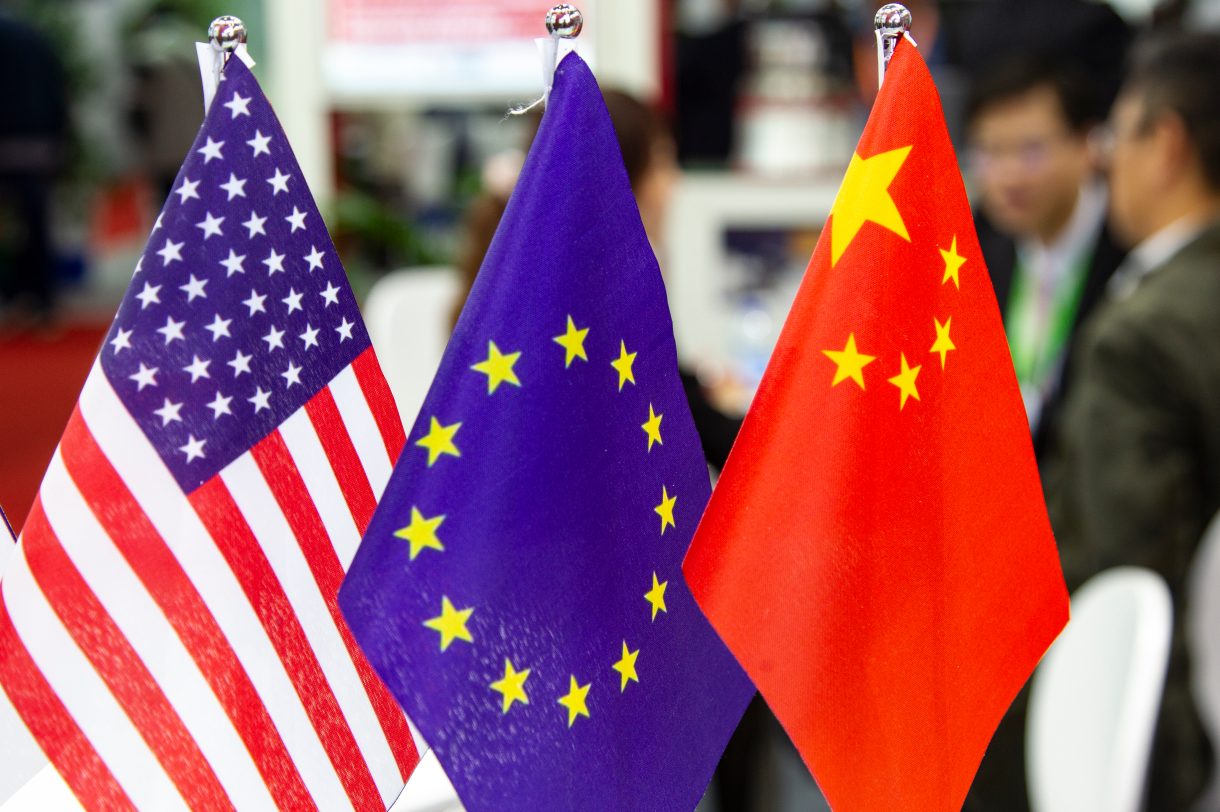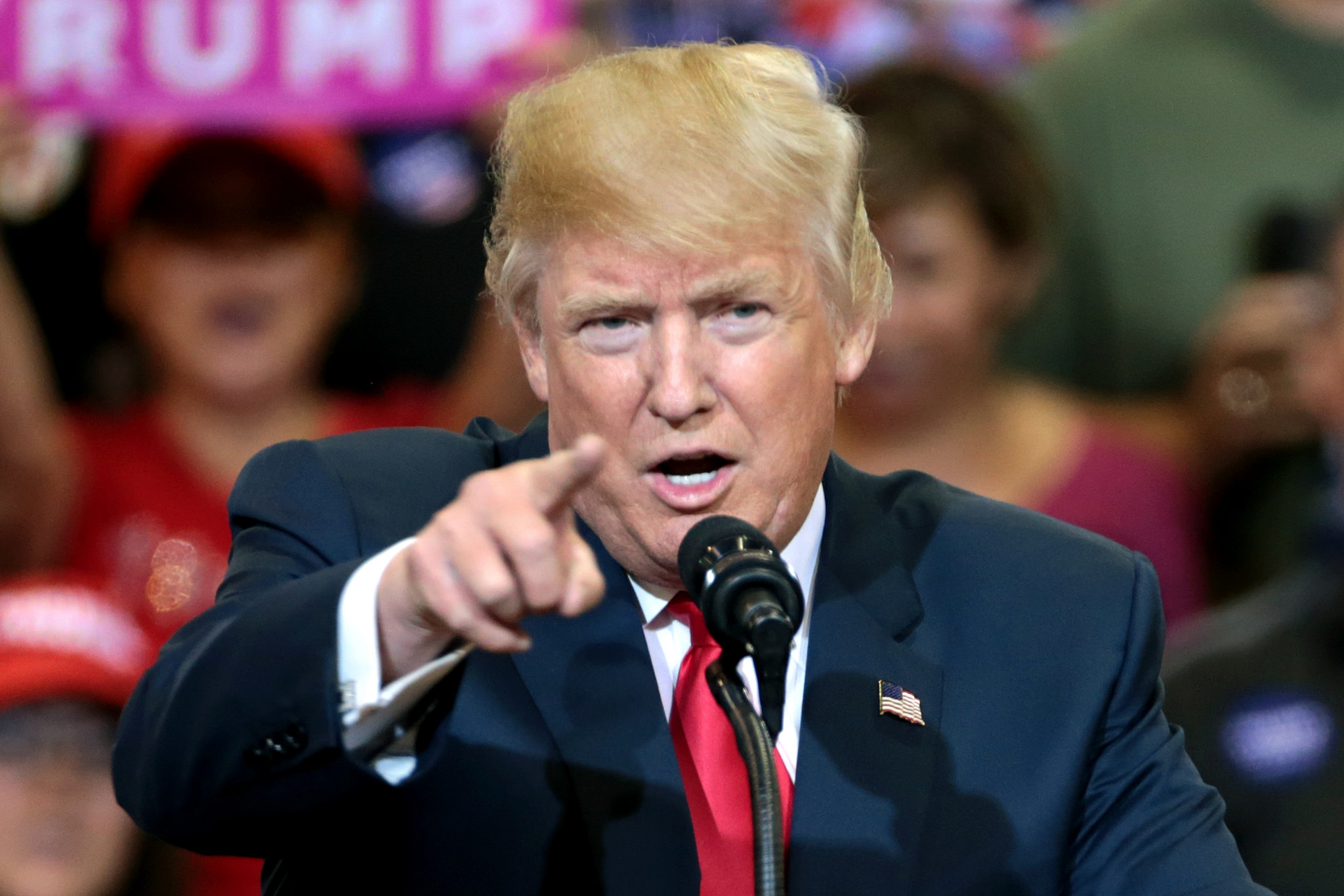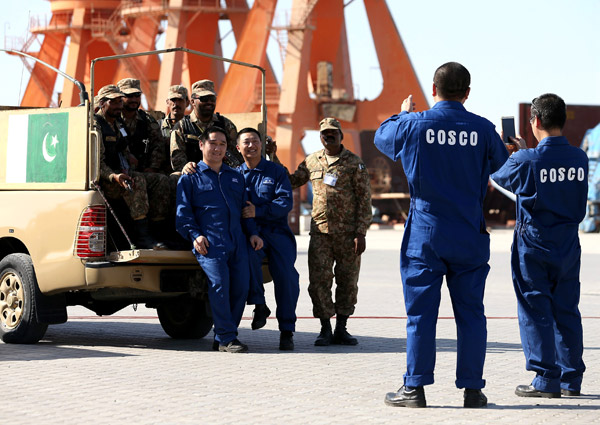
Zhang Yun, Professor, School of International Relations, Nanjing University
May 30, 2025
After reaching a consensus in their tariff negotiations in Geneva, China and the United States have significantly reduced their duties on each other. This has awakened countries around the world and inspired them to launch a new wave of regional integration.

Dong Yifan, Associate Research Fellow, Belt and Road Academy of Beijing Language and Culture University
Apr 28, 2025
For China-EU relations to develop into a stable, mutually beneficial partnership, the EU must undertake a more profound reassessment of its perception of China’s rise and the evolving dynamics of economic competition.
Sebastian Contin Trillo-Figueroa, Geopolitics Analyst in EU-Asia Relations and AsiaGlobal Fellow, The University of Hong Kong
May 03, 2023
The EU’s pursuit of becoming an autonomous and influential global power, while balancing relationships with the U.S. and China, was jolted by the Russian invasion of Ukraine. The EU aims to collaborate and compete as an equal with both powers, while improving its domestic strength, ensuring reciprocity, and linking trade to geopolitics, foreign policy, and security. And the Comprehensive Agreement on Investment, executing the EU strategy in Asia and the Indo-Pacific, and establishing a collective defense structure with operational objectives, are three projects that could help achieve these goals.
Xiao Bin, Deputy Secretary-general, Center for Shanghai Cooperation Organization Studies, Chinese Association of Social Sciences
Mar 24, 2023
The Russia-Ukraine war has shaken Europe’s energy security, triggering major adjustments in supply chains, consumption and renewable energy development. The conflict and its spillover effects suggest that a new economic cold war may already be underway.
Sebastian Contin Trillo-Figueroa, Geopolitics Analyst in EU-Asia Relations and AsiaGlobal Fellow, The University of Hong Kong
Mar 21, 2023
Europe’s trade relationship with the Indo-Pacific region is the highest valued of any in existence, and yet its leaders are moving surprisingly slow when it comes to their announced ambitions in the region. This is partially due to geopolitical concerns as tensions mount between China and the U.S.
Zhou Xiaoming, Former Deputy Permanent Representative of China’s Mission to the UN Office in Geneva
Feb 21, 2023
America’s professed commitment to the WTO is suspect: What it really wants is to reshape the organization in its own image. By rejecting the WTO ruling against it, the U.S. is putting the teetering trade body at risk.
Xiao Bin, Deputy Secretary-general, Center for Shanghai Cooperation Organization Studies, Chinese Association of Social Sciences
Jun 07, 2022
Alienating Russia will not increase stability for Europe, nor will Russia disappear as a result of the Ukraine war. But Russia’s old power model — needlessly using force to punish countries for switching sides — needs to change.
Feng Zhongping, Director, Institute of European Studies, Chinese Academy of Social Sciences (CASS)
Sep 12, 2019
The G7 Summit, which just concluded at the French seaside resort of Biarritz, showed that Europe and the United States diverge with and even increasingly confront each other on trade issues. Considering its fading influence, the continued value of the G7 has been thrown into doubt, even by European academia.

Ryan Hass, David M. Rubenstein Fellow, Brookings Institution
May 03, 2018
Many countries, not just the United States, are disadvantaged by China’s unfair trade practices. Rather than confront the challenge alone, the United States should work to address the problem as a team sport. Doing so would be more effective and less costly than hoping U.S.-China tit-for-tat tariffs do not do significant harm to American workers, but do lead to a change in China’s economic policies.

Douglas Paal, Vice President, Carnegie Endowment for International Peace
Matt Ferchen, Nonresident Scholar, Carnegie-Tsinghua Center for Global Policy
May 15, 2017
Behind all the hype surrounding China’s changing global role in general, and the One Belt One Road concept and the BRI in particular, lie important and unanswered questions about America’s longer-term strategy for reshaping its relations with China and Asia more broadly.